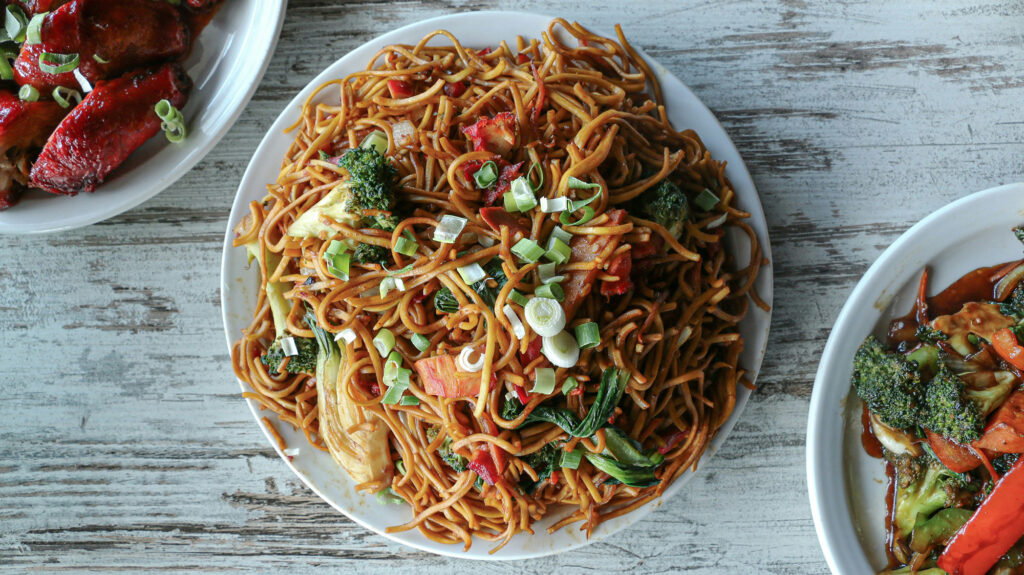If you enjoy starting your day with a hot cup of tea and a delicious aloo paratha, you must understand its impact on your blood sugar levels. Although a staple breakfast item for many, aloo paratha has a high glycaemic index (GI), which can cause spikes in blood sugar levels. And when paired with milk and sugar in your tea, it can lead to an even higher glycaemic load.
Optimising aloo paratha and tea for better blood sugar control
• You may make roti with lower-carb almond or lupin flour instead of regular flour.
• Try pairing aloo paratha with beans and legumes for added protein and lower GI.
• Consider consuming tea without milk and sugar, or using a non-dairy milk alternative and natural sweeteners like stevia or honey.
Aloo paratha is a type of Indian bread made with potatoes and flour, while tea with milk and sugar is a common beverage in many cultures. The risk of consuming aloo paratha and tea with milk and sugar lies in their high glycaemic index, which leads to rapid sugar spikes. This spike triggers your body to release insulin, which can cause a crash in blood sugar levels, leading to fatigue and hunger. So, consider optimising your food choice as suggested above for glycaemic control.







